She is Michela Mola, General Manager and the heart and soul of the Singer Palace Hotel, a little gem in the heart of Rome that combines the personality and style of an independent hotel with the reliability and attentive service of a major brand.
Singer Palace Hotel's storied past dates back to 1930 when Mr. Singer – the inventor of the Singer sewing machine, established his company's European headquarters in this building. With passion, dedication, and a keen eye for design and detail, Michela transformed what used to be a meeting point for Haute Couture tailors and a showroom for sewing machines into a “home away from home.”
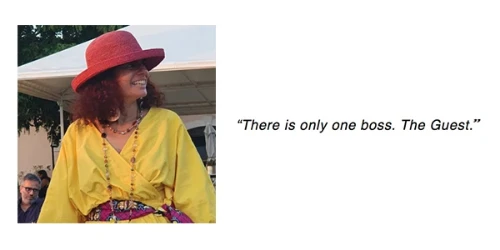
Her contemporary approach to design and decoration, as well as to the entire accommodation experience, will capture your heart and soul. I sat down with Michela to discover the secrets that make Singer's guests feel at home and as if they were locals.
Q. Michela, how was Singer Palace born?
A. Singer Palace was born from the intuition of my father-in-law, who fell in love with the building and envisioned the possibility of turning it into a luxury boutique hotel. My husband is the fourth generation of a family that learned hospitality from the cradle. I am the ‘new kid on the block, so to speak, although, after a marriage of 15 years, I consider myself a seasoned hotelier too. The Singer Palace Hotel's project was a challenge that we met together.
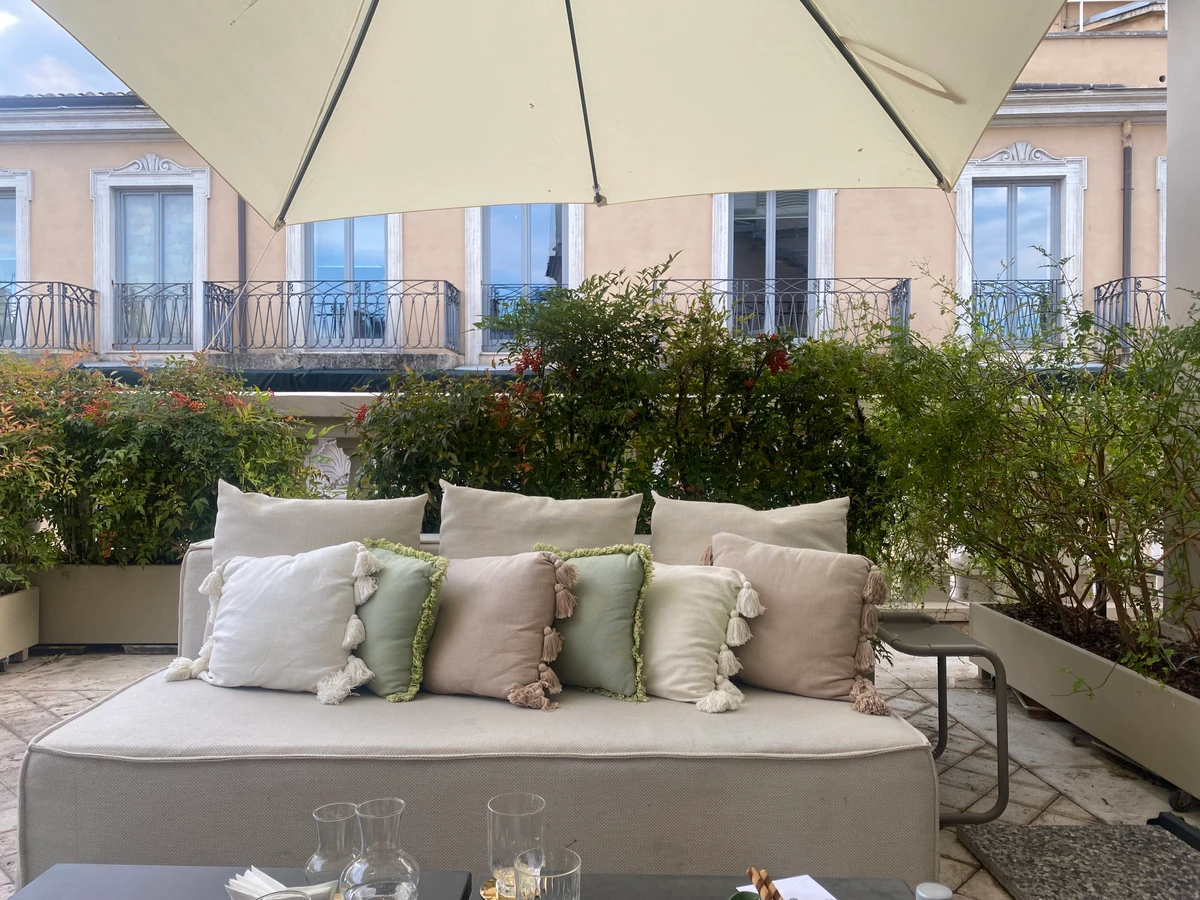
The building had been abandoned for years and was in very poor condition. We needed licenses for the change of use from office to hotel, and those regulations are strict in Rome. Moreover, we are a Unesco heritage site, which made it particularly challenging to obtain permits. Despite everything, my father-in-law was sure of its potential and got all of us involved in his dream, and Singer Palace became all we imagined it to be. More than a hotel, I would say it is a noble Roman residence that combines elegance, warmth, and modern luxury.
Q. What is your definition of luxury?
A. The concept of luxury is changing from appearance to substance. It's not just about the size of the rooms or the beds, how often linen is changed. Luxury, to me, lies in the details of the hospitality. It is about creating an emotional connection with the product, the service, and the people. I like to pamper and surprise our guests, anticipate their needs and wishes, empathize with them, and offer a different experience. I treat them how I'd like to be treated when staying at a hotel.
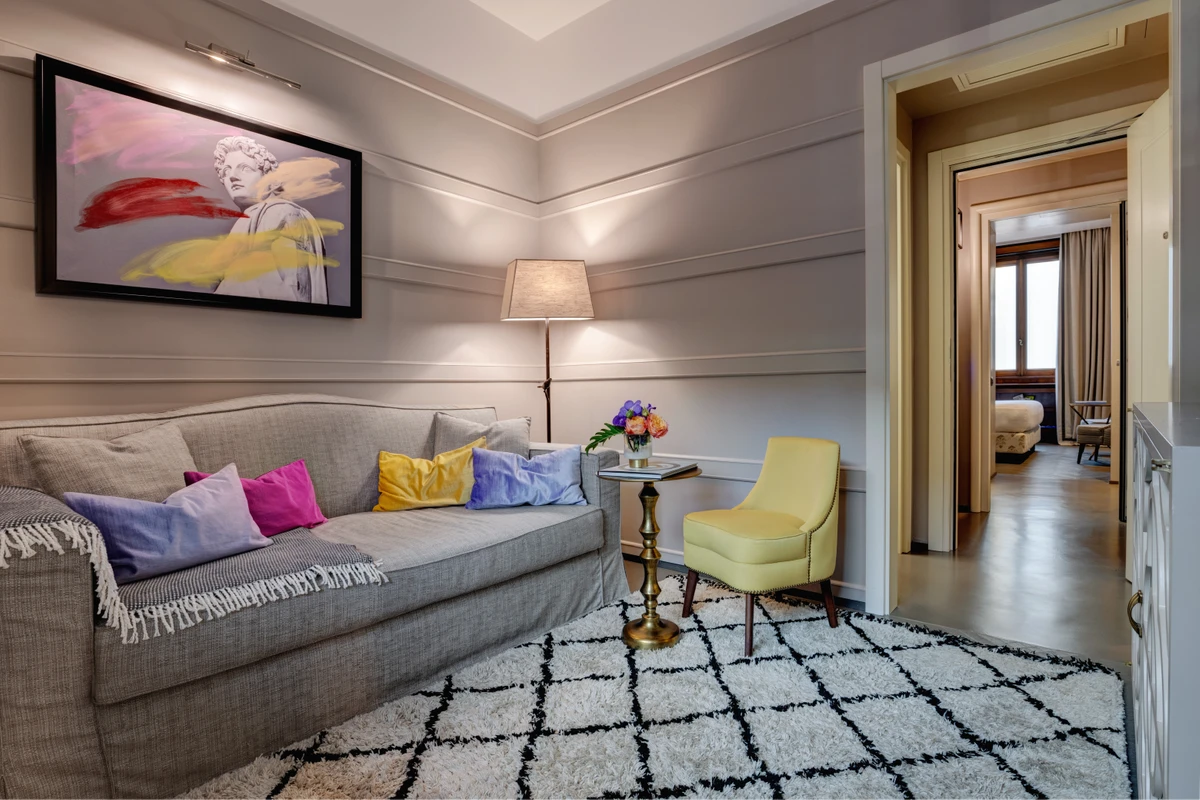
A. Last summer, for example, it was brutally hot, so we thought we'd provide our guests with a survival kit containing sunscreen, a folding fan, and thermal spray water to protect them against the heat. We want to offer an experience of this city that goes beyond a cultural visit to the Colosseum or the Vatican, a meaningful, emotional memory to take back home. That goes beyond the typical concept of luxury.
Q. Who is your ideal client?
A. I live by my feelings and emotions. My ideal client is someone who can appreciate the “little things” and looks for an emotional experience.
Q. What is unique about The Singer Palace?
First and foremost, our staff. Then, the location itself is unique. It has it all. We are just around the corner of Via del Corso shopping street, steps away from the Trevi Fountain & Pantheon, Piazza Venezia, and other most famous landmarks.
Q. At work, what puts a smile on your face?
I love flowers and colors because they create emotions. I was a flower designer. Flowers bring subtle luxury, can change a space, and can put a smile on your face.
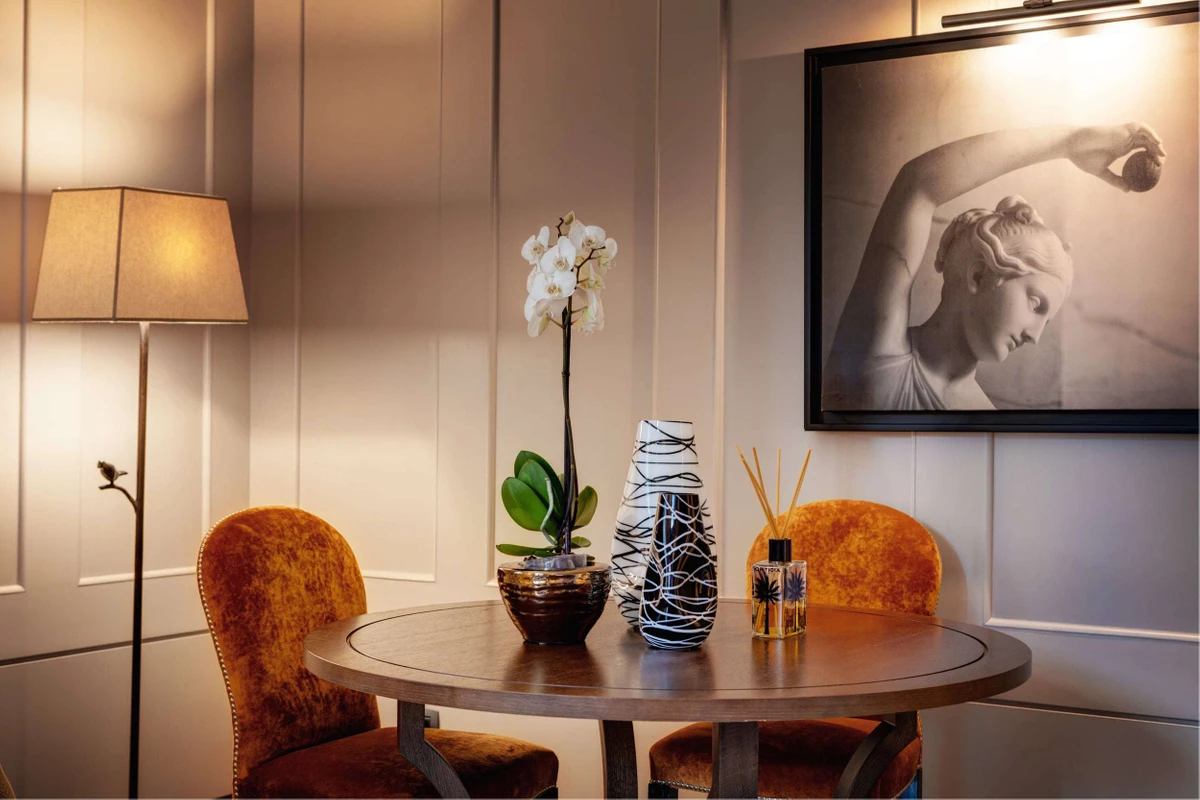
Q. Do you still remember your first day at the hotel?
It was July 2nd, 2018. We were having a soft opening with only two clients. I had thought of every tiny detail, from the flowers and vases to the nameplate mementos for our first clients. Suddenly, I realized we had no toilet paper.
Q. What are the most important lessons you have learned during your career?
I learned the most important lesson from my husband. During the pandemic, I felt overwhelmed and defeated, and I had to learn how to let go of control and have faith in the universe's reasons.
Q. Which is our favorite room or space in the hotel?
My favorite room is number 408. It boasts a beautiful view behind Sant Ignazio church, which gives me a unique sense of stillness and intimacy. I also love our two-level rooftop restaurant and bar with a wrap-around terrace overlooking Rome.
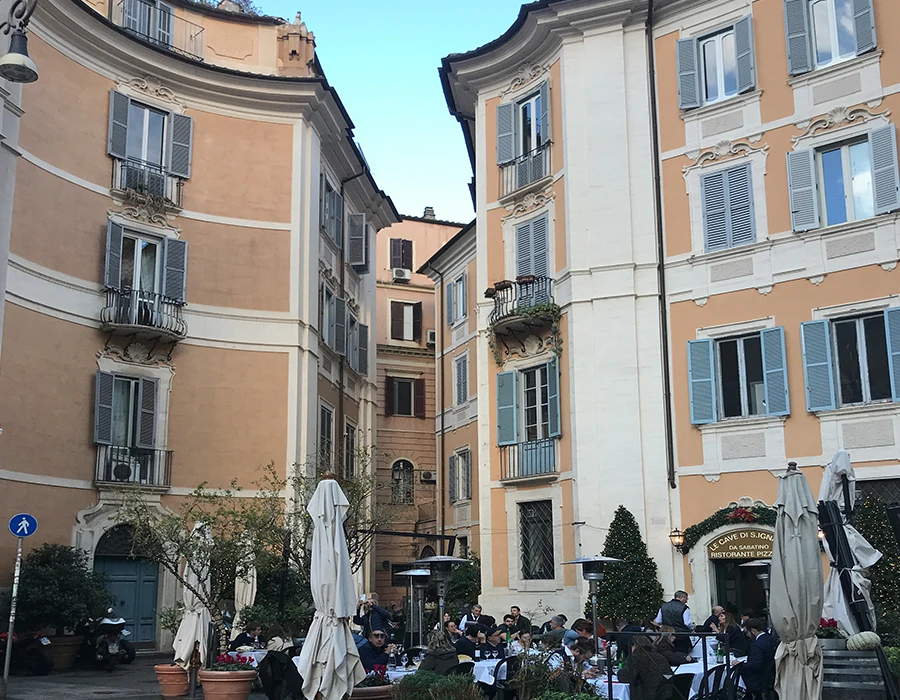
Sant'Ignazio Square
Q. What is your favorite spot in Rome?
The Aventino district for its sacrality and authenticity. A day spent in this quieter quarter will make the visitor feel like a bona fide local. I love Via Giulia and Via della Pilotta with their arches and bridges. I associate bridges with the concept of bridging cultures.
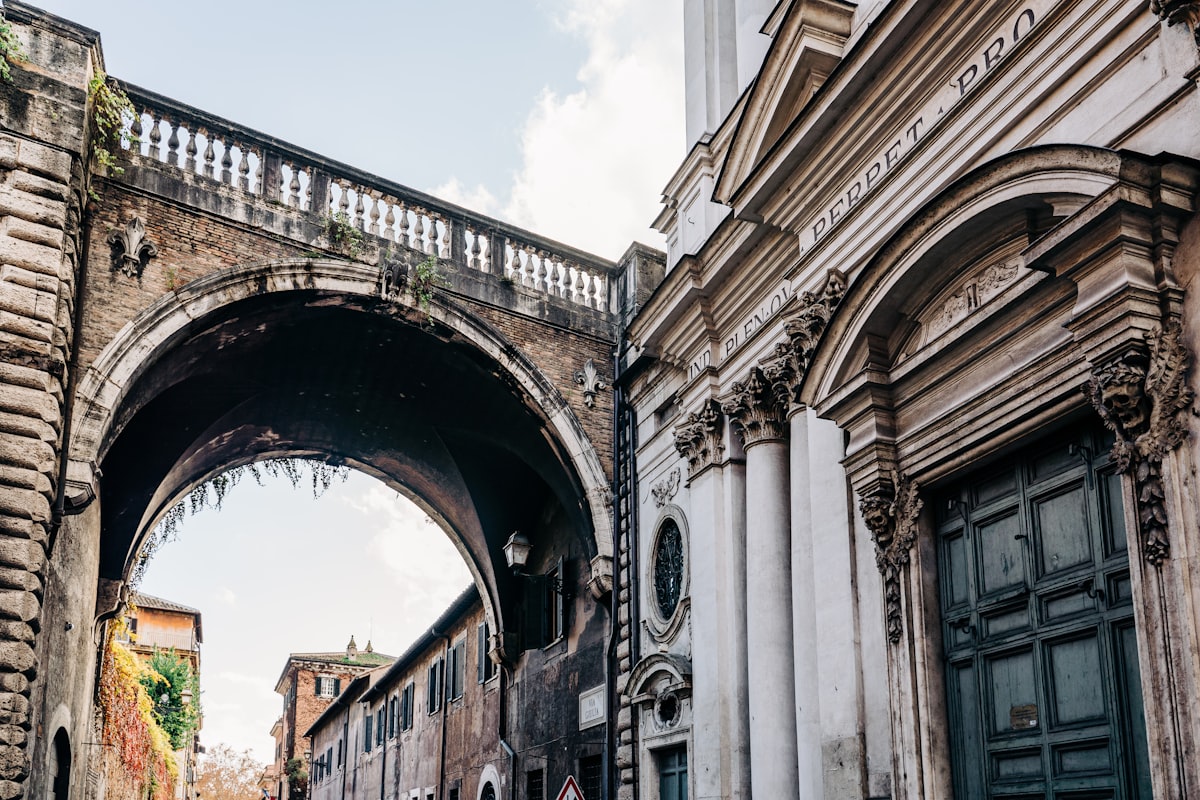
Q. Your favorite hotel ever?
It is Palais Rouhl, a 20th-century private residence in Marrakech, it was my first trip with my husband. It is an incredibly personal place, a very innovative concept at that time 20 years ago. Six months after our visit, I heard that Berlusconi’s wife celebrated her birthday there.
Q. What does a “typical day” look like
My typical day is a balancing act. I start by taking my children to school and usually visit the flower market for inspiration before arriving at the hotel. I works until 3:30 or 4, and then the real challenge begins because I have to juggle work and family.
Q. What do you enjoy most about your job?
The human connection is, without a doubt, the most critical factor. Owing to the pandemic and its lockdowns and restrictions, we have all become aware that it is not technology but interpersonal contacts that foster loyalty and creativity and help people thrive in an uncertain environment.
Q. When you’re traveling, what do you note the most in hotels elsewhere?
The attentiveness and empathy of the staff. I pay attention to the way they receive you and how smoothly they make things for you.
Q. Michela, the lift or the stairs?
A. The stairs, of course! I cannot get enough of our original Art Deco grand staircase, the most photographed part of our hotel.
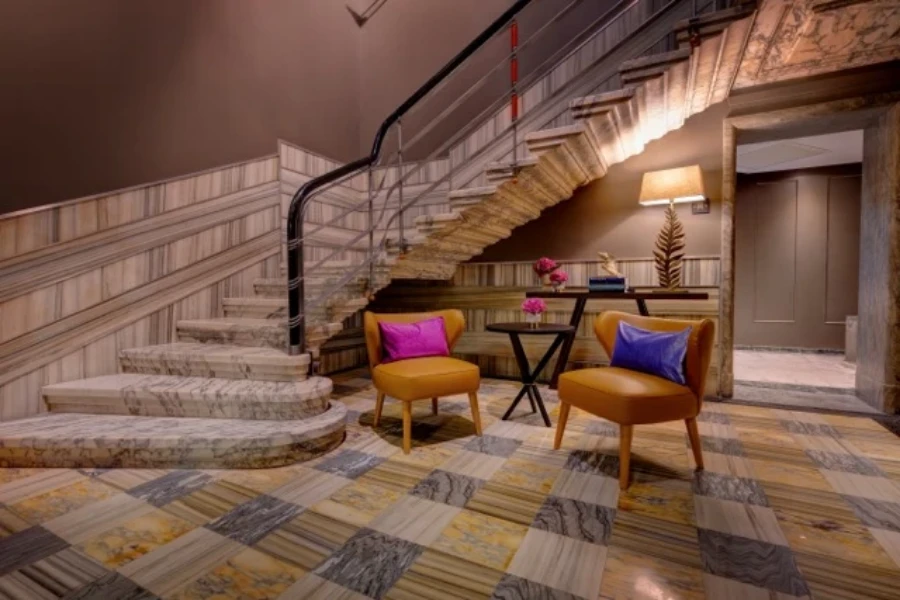
Q. One of your fondest memories of your career?
My very first international assignment as a flower designer. It was a haute jewelry event for Bulgari held at the stunning location of Chateau Neercannes in the Netherlands.
Q. The future of hospitality?
A. I think the future will be divided between people-centric and non-people-centric hotels. Personally, I will always prioritize the interpersonal and the human component because what do you do with a 50-square-meter room if nobody talks to you?
Q. What’s your next dream?
A. My greatest wish is for Singer Palace to become a chain. I’d like to open a Singer Palace Hotel in Venice, a city that has always brought us together as a family and has a special meaning to us all.
About the author
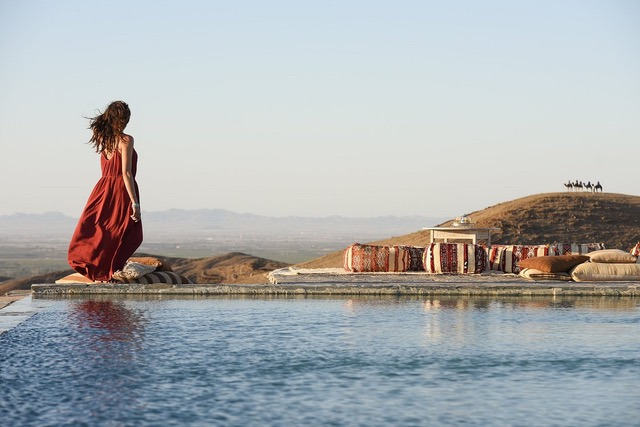
Subscribe
-
 Scidmore Sakura, Where Blossoms Bridge Worlds and Generations
Scidmore Sakura, Where Blossoms Bridge Worlds and Generations -
 Editor's Note, Leave It Better Than You Found It
Editor's Note, Leave It Better Than You Found It -
 Dubai's Neighborhoods: Downtown, Between Memory and Modernity
Dubai's Neighborhoods: Downtown, Between Memory and Modernity -
 Yuji Yamazaki, When Architecture Speaks
Yuji Yamazaki, When Architecture Speaks -
 Naladhu Private Island: A Legacy of Serenity and Stewardship
Naladhu Private Island: A Legacy of Serenity and Stewardship







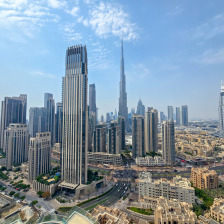
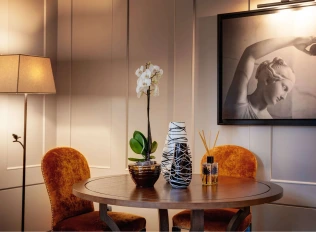

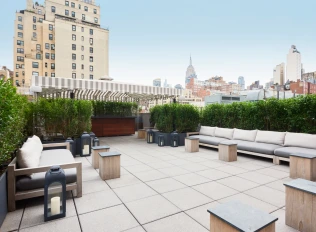
Leave a Reply